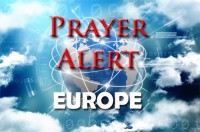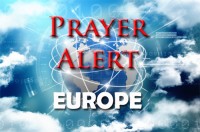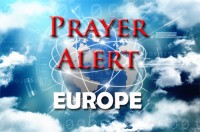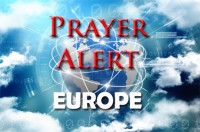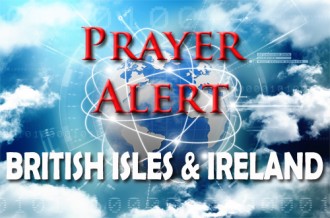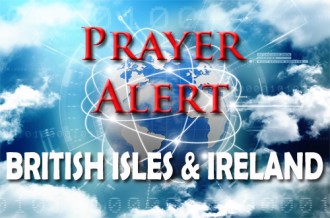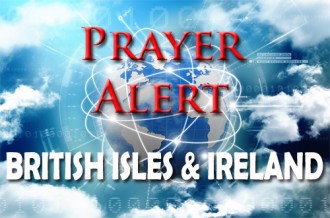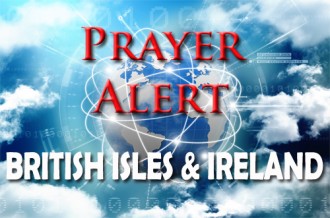Albania: Opposition cries foul in election result
The Albanian opposition condemned voting ‘irregularities’ in Sunday’s local elections, which were a test of the Balkan country's fragile democracy. The first official results to elect mayors and councillors in 61 municipalities were not expected until Monday, but the opposition Democratic Party quickly cried foul after polling stations closed. ‘There have been irregularities and manipulations, as well as pressure and threats against voters from the right,’ senior PD lawmaker Edi Paloka said in a statement, while also claiming a clear win for his party. Since the fall of communism Albanian elections have been marred by violence and accusations of fraud from all sides. ‘More than the results, the real importance of these elections are the values of democracy which must triumph,’ said parliamentary speaker Ilir Meta. Albania is extremely poor and only obtained EU candidate status last year in a move to fight against corruption and organised crime.
Azerbaijan: Central Asia hosts European Games
In a somewhat geographically and culturally challenging development, the first-ever European Games began on 13 June in Baku, the capital of Azerbaijan. Azerbaijan is usually identified as a Central Asian country, but the European Union considers it to be in what it calls its ‘European Neighbourhood’ – what others in the world would call ‘our backyard’. This might be shorthand for ‘an area close enough to us that what happens there affects our peace and stability’ - Ukraine is another country in the ‘Neighbourhood’. Just days ahead of the Games, on Tuesday, Amnesty International was ordered to leave Azerbaijan after it launched a report, ‘Azerbaijan - the Repression Games’ in which it highlighted human rights abuses in the country. But what about rights to freedom of religion or belief in Azerbaijan, and, more generally, across Central Asia? The Games and the surrounding publicity offer a reason to take a closer look at the region.
Turkey: Man attacks church with Molotov cocktail
A man attacked a church in the Kadıköy district of İstanbul with a Molotov cocktail on Tuesday, setting the building's door on fire. In a video purporting to show the attack, the man is seen shouting ‘Allahu Akbar’ (God is great) and ‘Revenge will be taken for Al-Aqsa Mosque’ as he throws a bomb at the Aya Triada Orthodox Church in the Bahariye area of Kadıköy. The door of the church caught fire, but the blaze was extinguished shortly after the attack. The man was detained by police. A recent report by the Gatestone institute stated, ‘Churches in Turkey on the Verge of Extinction’ as cathedrals are having Qu'ran recitations and being turned into museums. See also
Romania: Prime minister's prosecution?
Romania's parliament has refused to lift prime minister Victor Ponta's immunity from prosecution after he was questioned by Romania's powerful DNA anti-corruption agency last Friday on suspicion of forgery, tax evasion and money laundering. Mr Ponta, who has come under pressure to resign, said he would stay on to prevent a protracted political crisis. Anti-corruption officials are looking at his work between 2007 and 2011. Parliament is dominated by Mr Ponta's centre-left coalition so Tuesday's vote to block prosecution was unsurprising. It is alleged that Mr Ponta used forged invoices from a law firm, Sova and Associates, to buy two luxury apartments and a Mitsubishi Lancer car. The Social Democrat prime minister, in office since 2012, has denied any wrongdoing and says his government will survive a no-confidence vote in parliament due on Friday 19 June. President Klaus Iohannis said he regretted that parliament was obstructing justice and acting as a shield for the prime minister ‘in contempt’ of the Romanian population.

